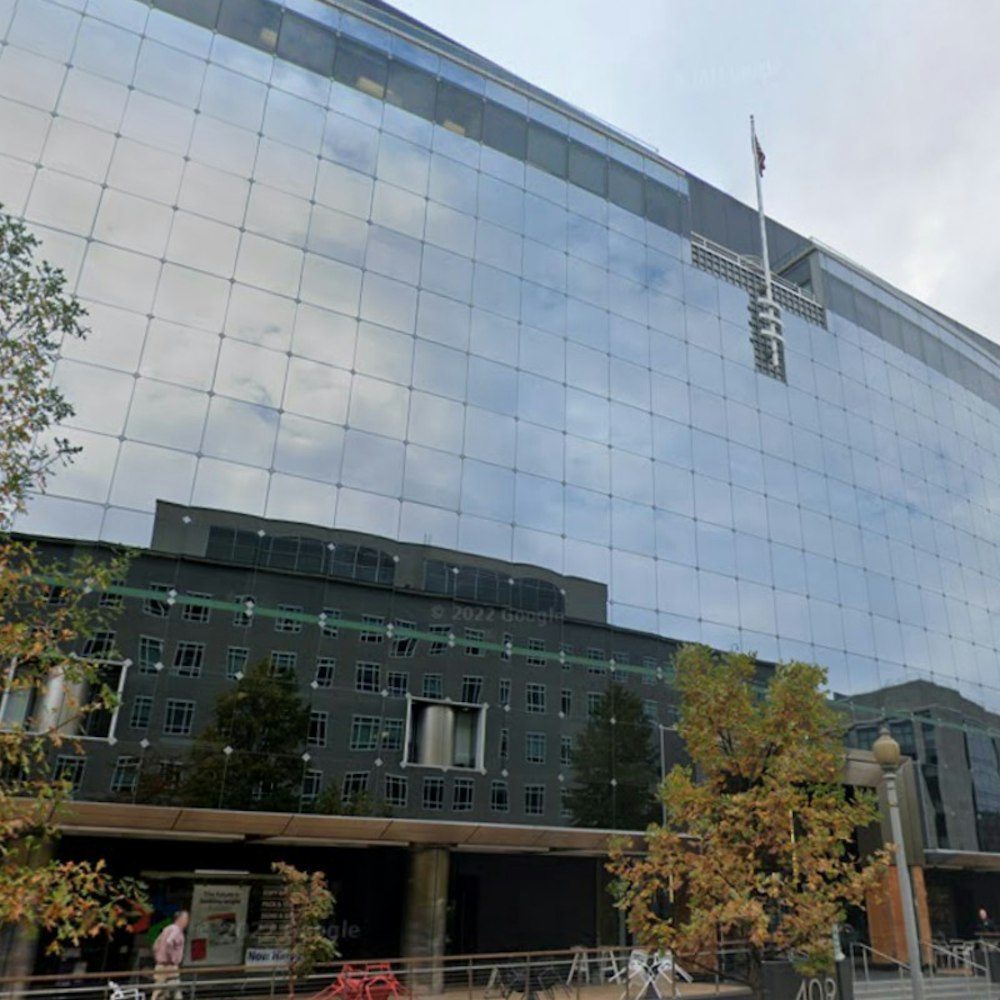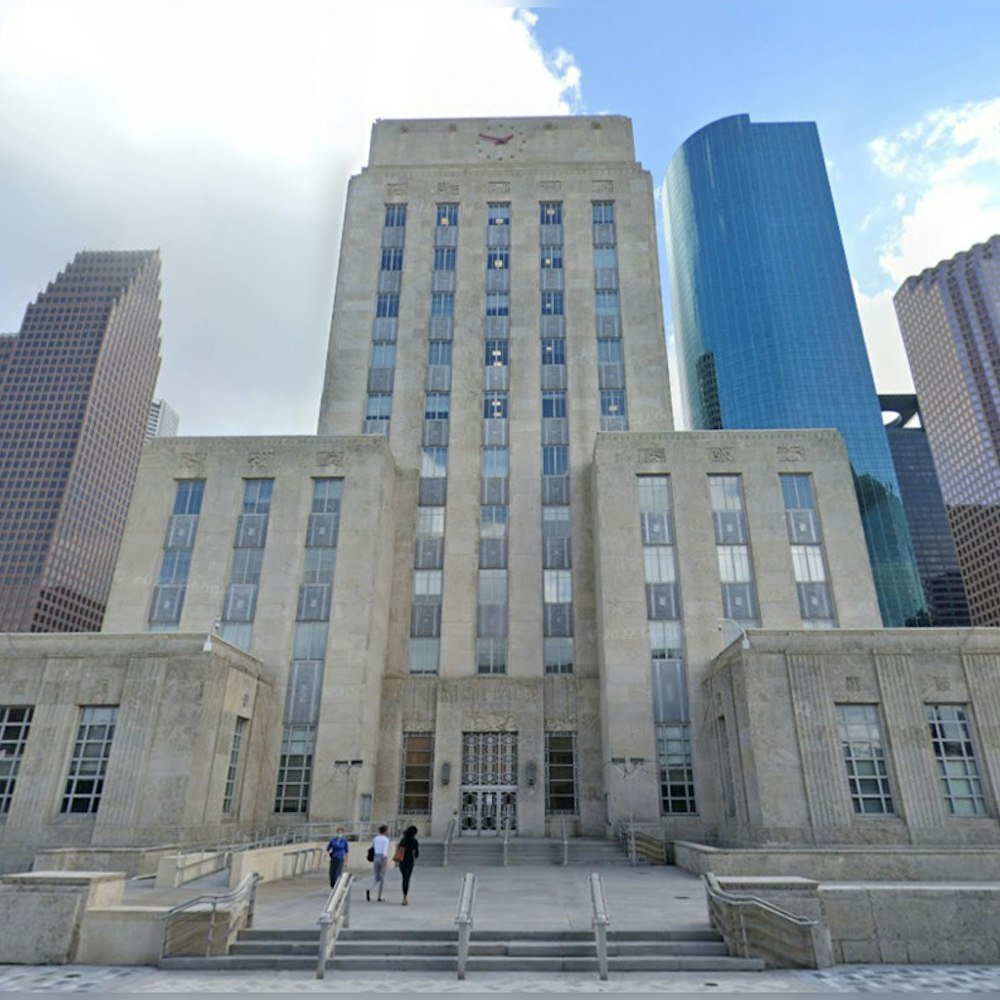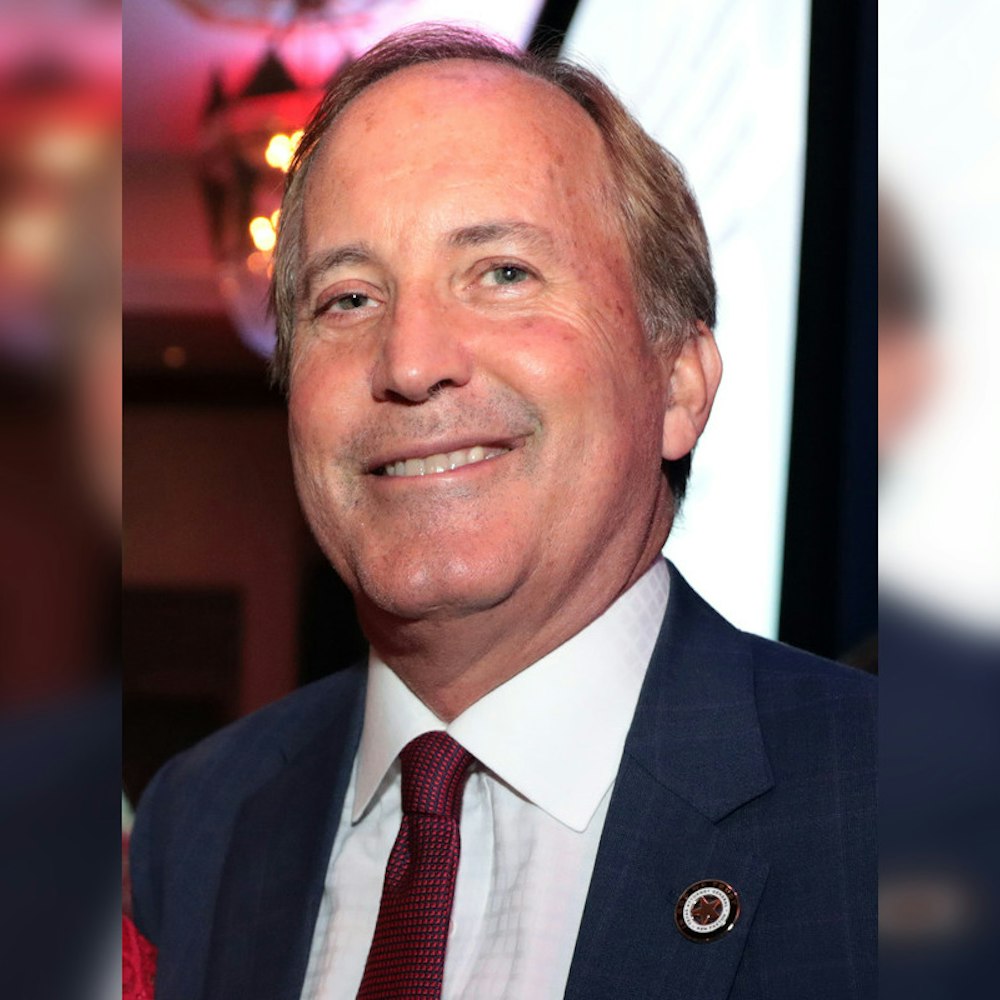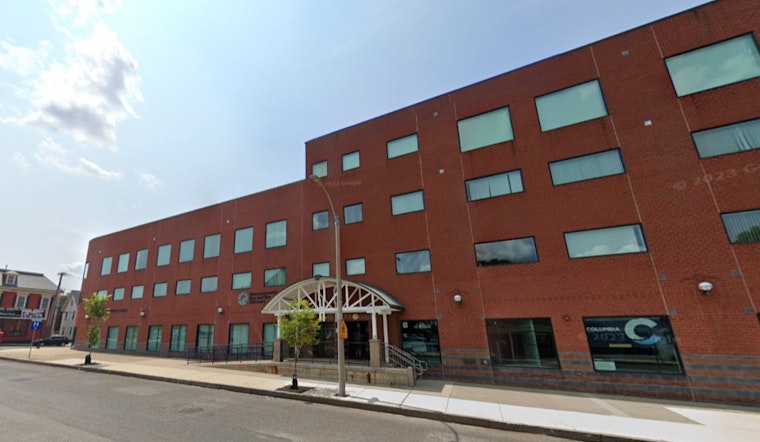
In a groundbreaking advancement in medical science, the Food and Drug Administration (FDA) has approved a new gene therapy, poised to change the course of treatment for sickle cell disease. Developed by Vertex Pharmaceuticals and CRISPR Therapeutics, Casgevy was given the nod by the FDA for use in patients aged 12 and older battling the debilitating illness, which has long sought a significant breakthrough, as reported by the Boston Globe.
The approval was also extended to a second treatment, Lyfgenia, offering another promising option for those suffering from the disease. In what was a watershed moment, Dr. Nicole Verdun stated, "Sickle cell disease is a rare, debilitating, and life-threatening blood disorder with significant unmet need, and we are excited to advance the field especially for individuals whose lives have been severe disrupted by the disease by approving two cell-based gene therapies today," as obtained by the Boston Globe.
The newly minted Casgevy, also known as exa-cel, operates by editing a patient’s DNA to stimulate the production of fetal hemoglobin, sidestepping the defective adult form notorious for causing sickle cell symptoms. Estimates floated by a drug pricing tag the breakthrough treatments near a $2 million price, though neither company has officially disclosed costs, the Boston Globe reported.
About 100,000 Americans, primarily people of color, are infected with sickle cell disease, which can spur strokes and early death. The traditional recourse, largely ineffective drugs and bone-marrow transplants, is eclipsed by the promise of Casgevy's 'one-time' infusion, which has already demonstrated the alleviation of painful episodes in nearly all trial participants, as Vertex revealed and the Forbes echoed the sentiment.
Vertex CEO Reshma Kewalramani articulated the gravity of the FDA approval, calling Casgevy’s authorization by the FDA "momentous" and a potential "one-time transformative therapy for eligible patients with sickle cell disease," according to a statement to the Boston Globe. The United Kingdom had set precedent weeks earlier, approving Casgevy for use, as Forbes reports.
The CRISPR technology, celebrated with a Nobel Prize in Chemistry just a decade ago, is at the center of this treatment revolution. Looking ahead, the FDA's additional consideration of Casgevy for beta thalassemia treatment has the medical community and patients alike watching with bated breath for further good tidings, as hinted by Forbes.
Challenges remain in the deployment of such treatments, with ethical concerns and the equitable distribution of life-saving therapies taking center stage amid discussions of cost and access across the globe. The potential for these therapies to significantly alter the landscape of treatment for sickle cell disease stands as a testament to the leaps in biomedical innovation.
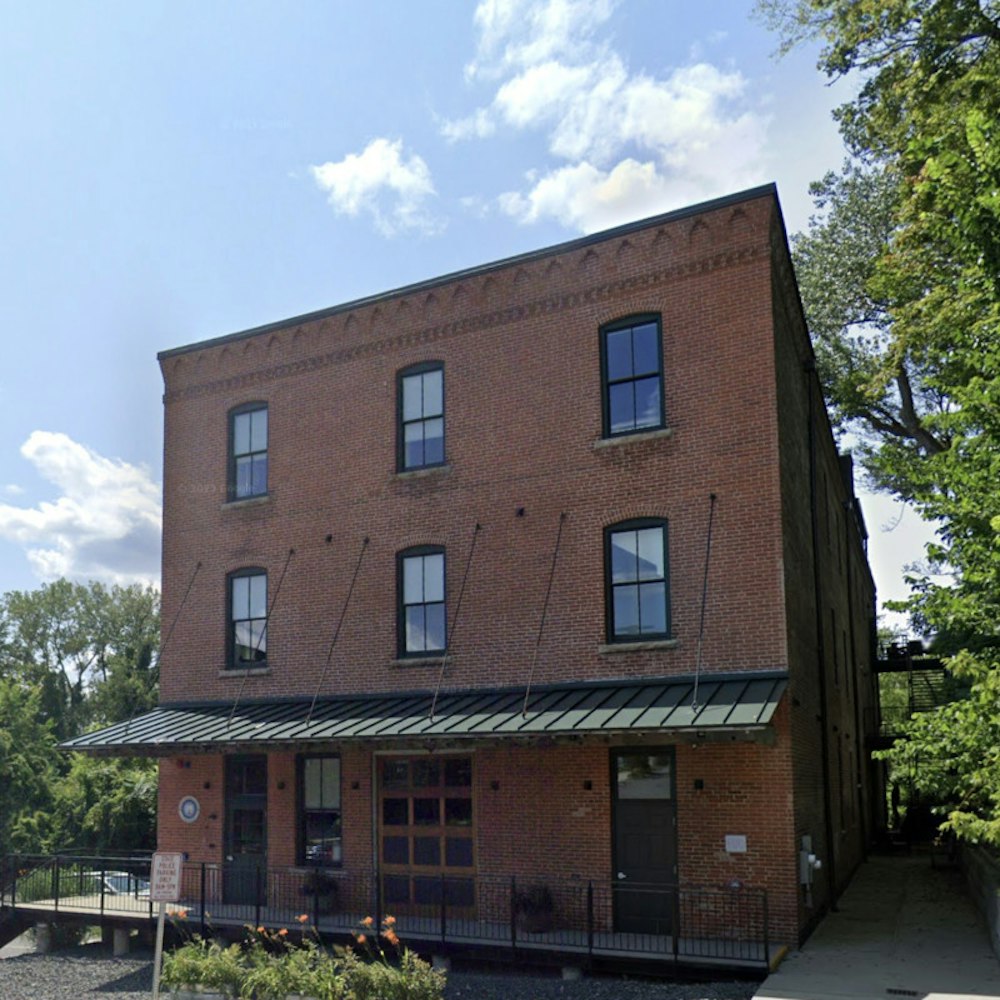

.webp?w=1000&h=1000&fit=crop&crop:edges)




